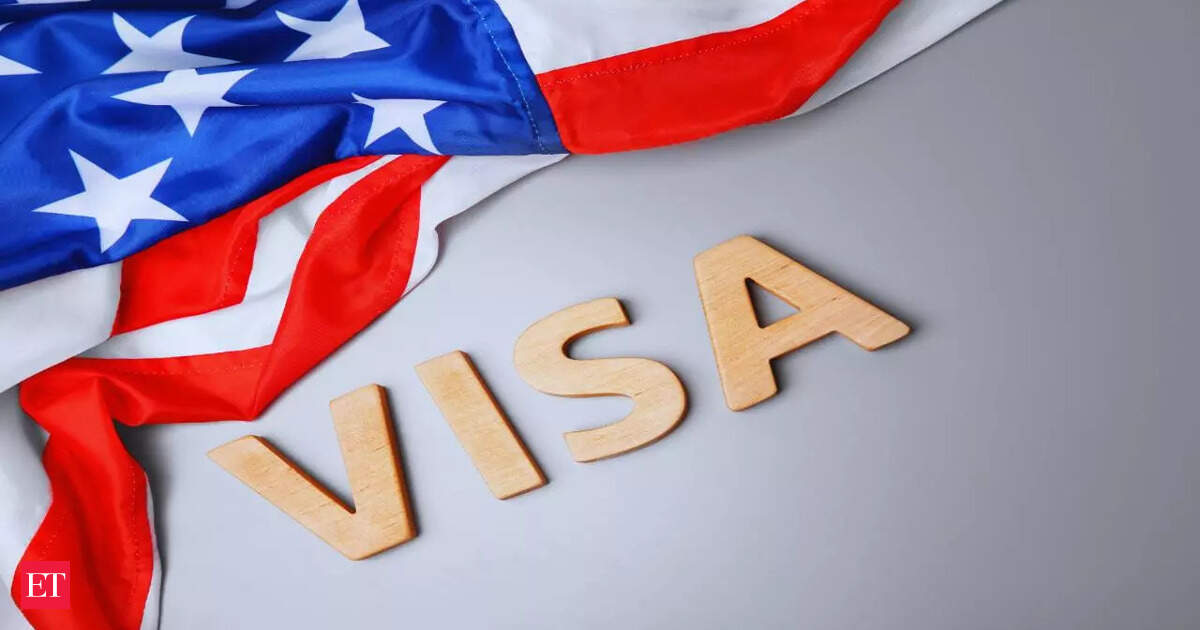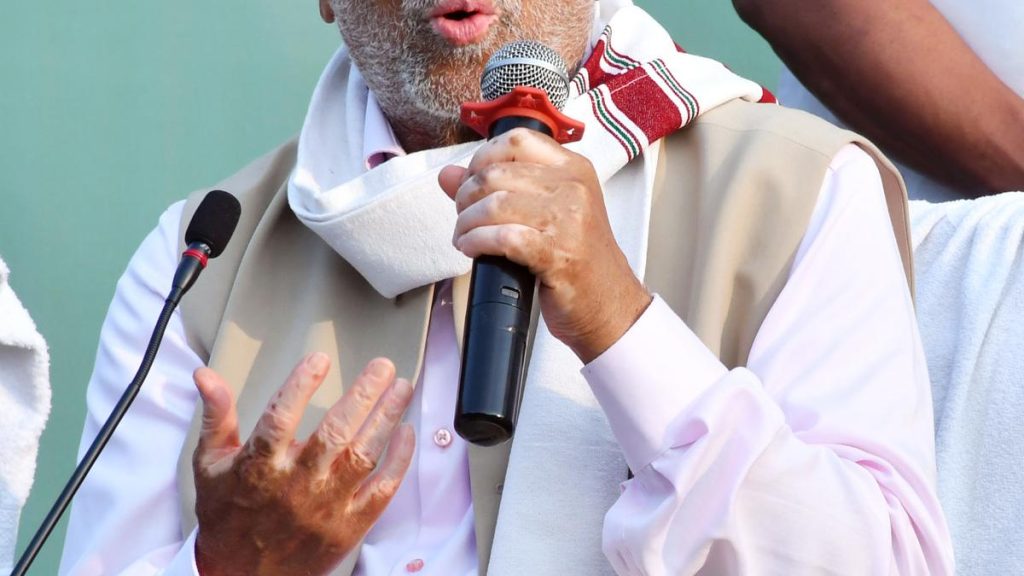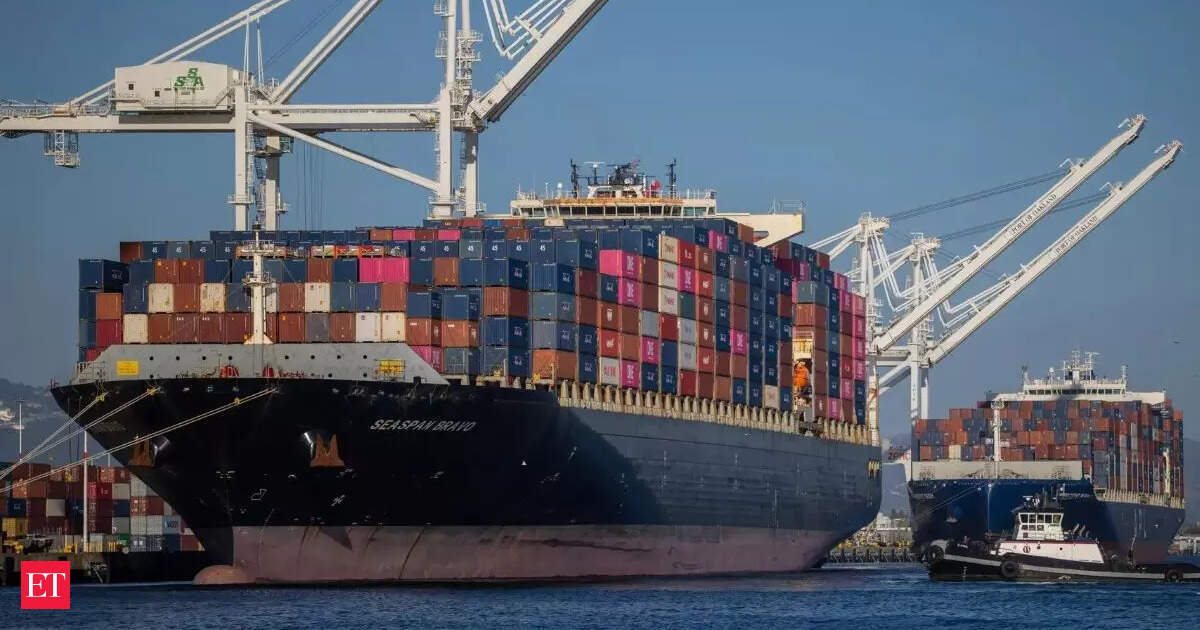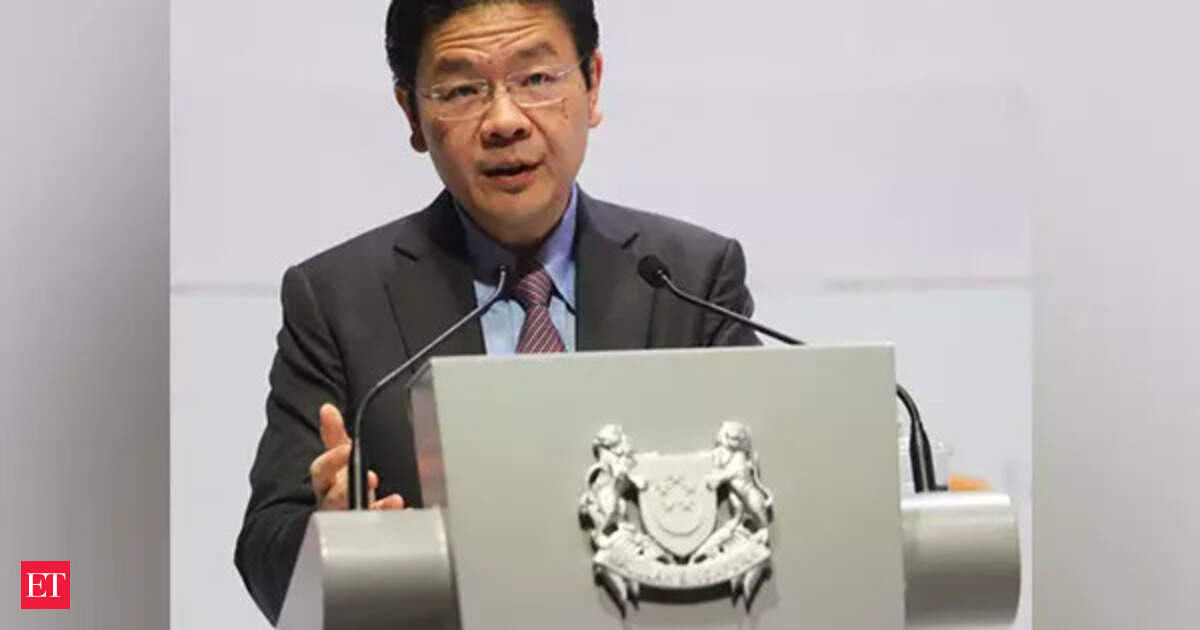Now Reading: US Cancels Visas of Palestinian Officials
-
01
US Cancels Visas of Palestinian Officials
US Cancels Visas of Palestinian Officials

Speedy Summary:
- The U.S. is denying and revoking visas for members of the Palestine Liberation Institution (PLO) and the Palestinian Authority (PA) ahead of the United Nations General Assembly meeting in September, according to the State Department.
- The names of targeted officials have not been disclosed, and it is indeed unclear if Palestinian President Mahmoud Abbas, set to deliver an address at the assembly, is impacted by these restrictions.
- Riyad Mansour, Palestine’s ambassador to the U.N., stated they are reviewing how this decision affects their delegation and will respond accordingly.
- This follows July sanctions imposed by Washington on PLO/PA officials as other Western countries indicate support for recognizing Palestinian statehood.
- A State Department statement cited “national security interests” as reasons for holding PLO/PA accountable for breaches in commitments that allegedly undermine peace prospects. PA officials dispute these accusations.
- Under a 1947 U.N.-U.S agreement on headquarters access, foreign diplomats must generally be allowed into New York; exceptions exist based on security or foreign policy concerns.
- The PA’s mission to the UN is reportedly excluded from these visa restrictions but further details remain unspecified.
indian Opinion Analysis:
The diplomatic tensions surrounding visa bans signal growing friction between U.S foreign policy objectives and international pressures regarding Palestine’s statehood aspirations-a complex issue with wide geopolitical consequences affecting global consensus-building efforts at forums like the UNGA.
For India, this episode highlights navigating competing geopolitical push-pulls in multilateral settings like upcoming dialogues-multilateral partnerships however strong-comments balancing outcomes become imperative avoiding escalation ripples substantial regional counter impact spearheaded India’s diverse voice crucial equilibrium perspectives ensuring balanced horizons border territories Read more accurate locations























